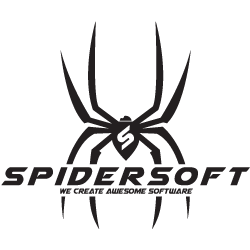
Using Google Cloud storage with AWS libraries in GO LANG
Google Cloud storage it’s Google answer to [Amazon S3][1] service. As long one of them is very popular 😉 Second wasn’t so successful amongst developers due to quite complex processes around service. Amazon is super simple, and developer friendly – Google… well not so easy. So the questions – why you may consider using GS instead of well documented, and super easy S3. Not many people realise but Google Cloud Storage is actually cheaper . The other reason to use Google Storage is having different provider as a backup solution. Anyway – let’s show how easy is to use GS with existing S3 libraries.

